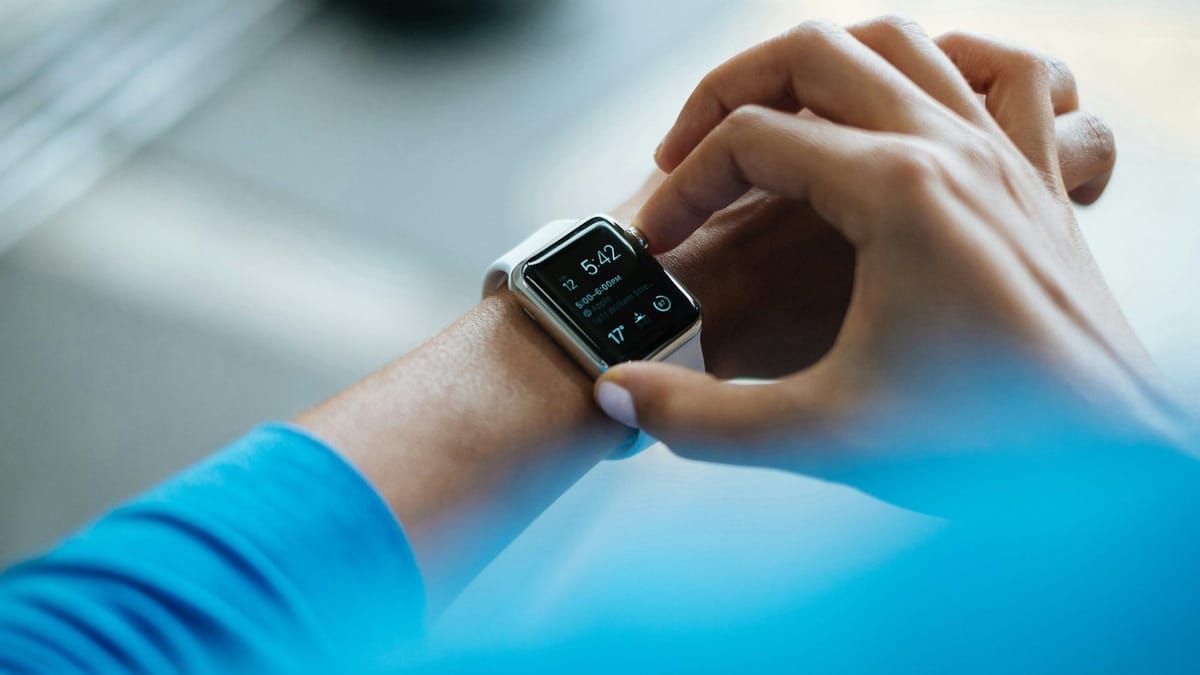FHIR: The Future of Interoperable Healthcare Data

The healthcare industry has grappled with fragmented data for decades. Patient information is scattered across disparate electronic health record (EHR) systems, laboratories, pharmacies, imaging centers, public health departments, and other healthcare providers. This lack of interoperability creates a myriad of problems that hinder patient care, frustrate providers, and impede research efforts.
Imagine a scenario where a patient visits a new doctor for the first time. The doctor is unable to access the patient's medical history from previous providers because their EHR systems are incompatible. This lack of access to critical information can lead to delays in diagnosis and treatment, unnecessary duplicate testing, and medication errors. Additionally, fragmented data makes it difficult for researchers to conduct large-scale studies that could improve healthcare delivery and population health outcomes.

Custom Software Engineering Services
Work with our in-house Project Managers, Software Engineers and QA Testers to build your new custom software product or to support your current workflow, following Agile, DevOps and Lean methodologies.
What is FHIR?
Developed by Health Level Seven International (HL7), a non-profit healthcare standards organization, FHIR is a standardized framework for exchanging healthcare information electronically. Unlike previous, more rigid standards, FHIR is designed to be flexible and adaptable. It leverages modern web technologies like RESTful APIs, JSON, and XML to facilitate seamless communication between different healthcare information systems.
One of the key strengths of FHIR is its resource-based approach. Healthcare data elements are represented as discrete, self-contained resources with their own unique identifiers. This modular structure allows for the exchange of specific data points, rather than entire documents, improving efficiency and reducing the burden on providers.
Benefits of FHIR for Healthcare
The widespread adoption of FHIR has the potential to revolutionize healthcare by delivering a more connected, efficient, and patient-centered healthcare system. Here's a deeper dive into the transformative potential of FHIR:
- Enhanced patient care: With seamless data exchange, providers can access a patient's complete medical history from various sources, including allergies, medications, immunizations, lab results, imaging reports, and past diagnoses. This comprehensive view of a patient's health empowers clinicians to make more informed decisions at the point of care. For instance, a physician can quickly identify potential drug interactions before prescribing a new medication, reducing the risk of adverse events. Additionally, FHIR can improve care coordination between different providers involved in a patient's care journey, eliminating the need for patients to repeat tests or explain their medical history multiple times.
- Empowered patients: FHIR can empower patients to take a more active role in their health. By enabling patient portals and mobile health applications to leverage FHIR interfaces, patients can easily access their health data, view lab results, track medication adherence, and communicate directly with their care providers. This increased transparency and accessibility can foster better patient engagement and medication adherence, ultimately leading to improved health outcomes.
- Streamlined workflows: FHIR can automate many administrative tasks currently burdening healthcare staff. For example, FHIR-enabled applications can automate the process of retrieving patient information from disparate EHR systems, eliminating the need for manual data entry and reconciliation. This reduces administrative burden, frees up valuable time for providers to focus on patient care, and minimizes the risk of errors associated with manual data entry.
- Advanced analytics: The ability to share and aggregate data from various sources through FHIR paves the way for robust healthcare analytics. Researchers can leverage FHIR to conduct large-scale studies, identify trends in disease patterns, and develop new treatment protocols. Public health agencies can utilize FHIR for real-time disease surveillance, allowing for quicker identification and response to outbreaks. Additionally, FHIR can empower healthcare organizations to perform internal analytics to improve operational efficiency and identify areas for cost savings.

Custom Software Engineering Services
Work with our in-house Project Managers, Software Engineers and QA Testers to build your new custom software product or to support your current workflow, following Agile, DevOps and Lean methodologies.
Challenges and Considerations
While FHIR holds immense promise, there are challenges to overcome for widespread adoption:
- Implementation costs: Integrating FHIR interfaces with existing EHR systems can be a complex and expensive undertaking for healthcare organizations.
- Standardization: While FHIR offers a common framework, achieving complete interoperability requires consistent implementation across the healthcare ecosystem.
- Data privacy and security: Robust security measures are essential to ensure patient data privacy and trust in the FHIR ecosystem.
The Road Ahead
Despite the challenges, FHIR is gaining significant traction within the healthcare industry. Major healthcare organizations, government agencies, and technology companies are actively involved in developing and implementing FHIR-based solutions. A growing number of successful use cases are emerging, demonstrating the real-world benefits of FHIR. For instance, healthcare providers are leveraging FHIR to share patient data for care coordination purposes, while researchers are utilizing FHIR to conduct large-scale clinical trials.
As the industry continues to invest in FHIR adoption, the barriers to entry will come down. The development of standardized implementation guides and open-source FHIR servers will further accelerate adoption. Additionally, government regulations and incentives can play a crucial role in promoting FHIR implementation across the healthcare landscape.
With continued collaboration and investment, FHIR has the potential to transform healthcare data exchange, ushering in a new era of interoperability, innovation, and improved patient care.

Custom Software Engineering Services
Work with our in-house Project Managers, Software Engineers and QA Testers to build your new custom software product or to support your current workflow, following Agile, DevOps and Lean methodologies.
Partnering for a FHIR-enabled future
The journey towards interoperability requires strong data partnerships. Here's where 4Geeks emerges as a valuable asset. With our expertise in data management, analytics, and FHIR implementation, 4Geeks can empower healthcare organizations to navigate the complexities of FHIR adoption and unlock the full potential of interoperable healthcare data. By working together, we can build a future where healthcare data flows freely, informing better care, driving innovation, and ultimately improving the lives of patients everywhere.
FAQs
What are some real-world examples of FHIR implementation?
Real-world examples include healthcare providers using FHIR to share patient data for care coordination, and researchers using FHIR to conduct large-scale clinical trials. These implementations have shown significant improvements in patient care and operational efficiency.
How does FHIR handle data privacy and security concerns?
FHIR incorporates robust security measures, including secure authentication and authorization mechanisms, encryption of data in transit and at rest, and compliance with healthcare regulations such as HIPAA to ensure patient data privacy and security.
What role do government regulations play in FHIR adoption?
Government regulations and incentives play a crucial role in promoting FHIR implementation. They can mandate the use of interoperable data standards, provide funding for integration projects, and create frameworks that encourage the adoption of FHIR across the healthcare ecosystem.




